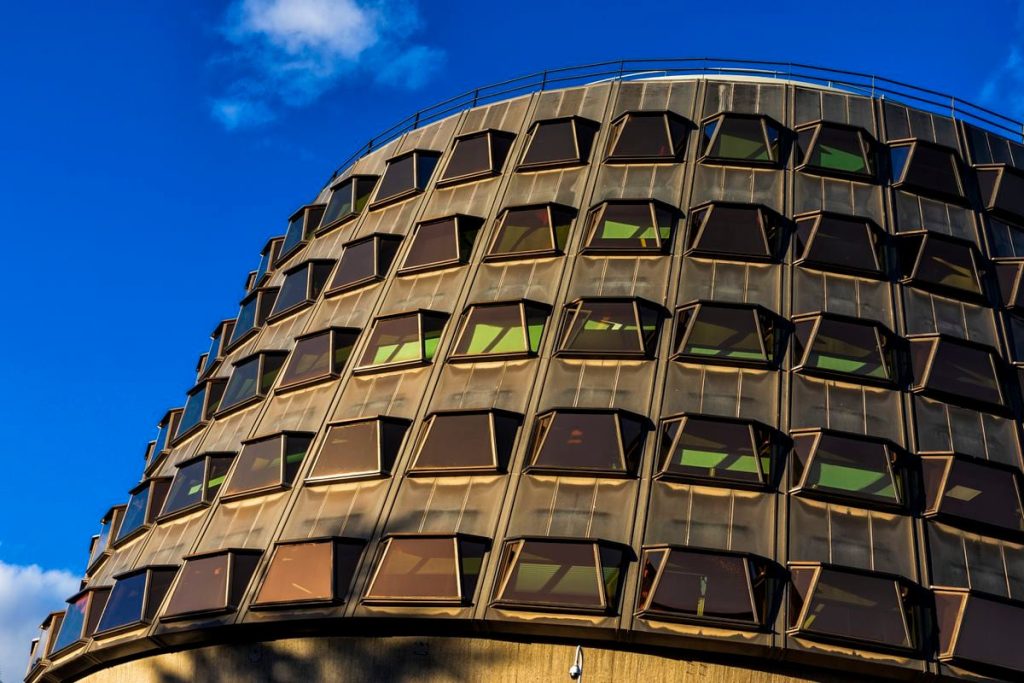The processing of the popular legislative initiative to reactivate Catalonia’s march towards independence will be suspended on April 9, during the first plenary session that the Constitutional Court will hold after the Easter break. The suspension will be agreed upon in accordance with the unconstitutionality appeal approved by the Government in its meeting last Tuesday, which has already been formalized before the Constitutional Court. The challenge approved by the Council of Ministers invokes Article 161.2 of the Constitution, which provides that the Government’s request against contested autonomous rules will automatically suspend them. This article allows the Executive to challenge any act of the autonomous communities that is deemed contrary to the Constitution. The suspension will last up to five months, during which the Constitutional Court will make a decision on the matter.
The acceptance of the Government’s appeal is considered likely among constitutional law experts, given the court’s jurisprudence and precedents of challenges related to initiatives presented in the Parliament regarding self-determination or independence declaration for Catalonia. While decisions by the Constitutional Court are not anticipated, sources refer to established jurisprudence, particularly related to the Ibarretxe plan, the independence process, the illegal referendum of October 1 and the Supreme Court’s criminal sentence. The suspension of the initiative’s processing implies a halt of the entire text presented, composed of ten articles and one transitional provision.
Furthermore, the Parliament’s legal services warned about the problems posed by the legislative initiative. The Government’s appeal emphasizes this circumstance. Additionally, it highlights the resignation of the three magistrates in charge of overseeing the signature collection process in support of the challenged legislative proposal. Some of these arguments are also seen in the appeals for protection presented by PSC and Ciudadanos deputies in the Parliament, which may have a slower processing time. Unlike unconstitutionality appeals, protection appeals undergo an initial examination to determine the constitutional relevance of the complaint before being further evaluated by the responsible section and, if deemed significant, brought before the full court.
If the Government’s appeal is accepted and the automatic suspension is implemented, the court may not need to address the similar request made by the Ciudadanos’ appeal. These petitions claim a violation of the deputies’ right to exercise their duties, as the Mesa of the Parliament, with Junts and the CUP’s support, allegedly failed to comply with the legal framework when processing legislative proposals, while ERC abstained and PSC voted against. The process of these appeals can take time, and their outcomes will determine the future of the popular legislative initiative for independence in Catalonia.


